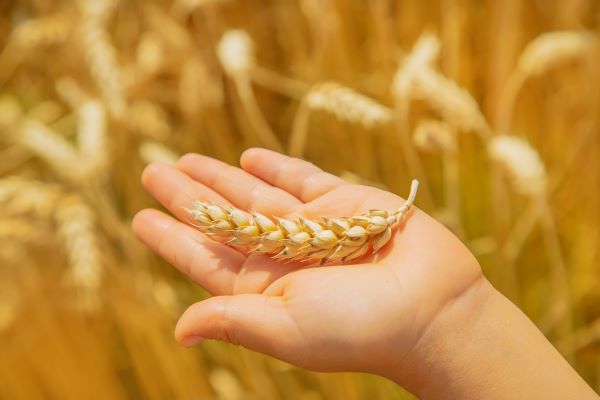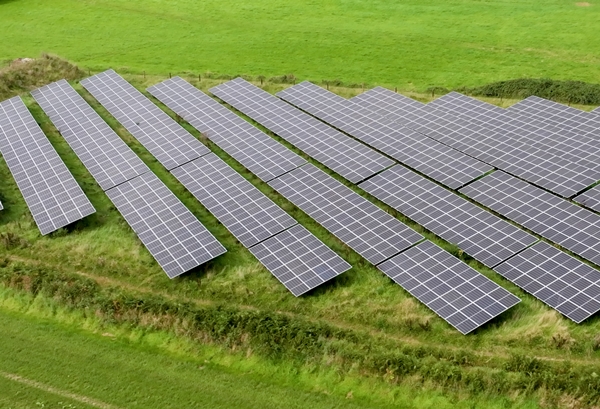Ruminant Orders: 0818 2710 10
Pig & Poultry Orders: 049 854 7588
Tel: 049 854 7588 | Fax: 049 854 7598
Feed sourcing
Feed Sourcing
There is 71% habitable land in all the earth. 50% of this is used for agriculture. Lands used for pastures alone accounts for 77% of these agricultural lands. Water and energy are two other macro resources required for producing animal feed. It is therefore unsurprising why the environmental stress caused by feed production is such a crucial social issue. At A.W Ennis, we take land use as a major basis when deciding where to source for our raw materials. This has recently become quite pronounced socially for vegetable oil and soy. We take the sourcing of sustainably produced raw materials seriously. In producing our various feeds, we make extensive use of co-products and by-products. These products are sourced sustainably from the food, drink, and biofuel industries.

At A.W Ennis, we apply expert knowledge and decades of feed nutrition expertise to optimise the responsibly sourced primary products, co-proteins, non-human edible feed materials, novel proteins etc. into high value products. Animals play a key role in transforming by-products, that would have become environmental burdens, into high value proteins.
Feed Manufacturing
The process of making animal feed affects the environment. At A.W Ennis, we are dedicated to continually cutting down our greenhouse emissions. We continually monitor the amount of gas, oil, diesel, and electricity we use. A.W Ennis is proud to be one of the few, if not the only Irish feed manufacturer that uses sustainable solar energy to produce feed. We are focussed on reducing our energy usage per tonne of feed while maximising the use of renewable energy across our production processes and transportation.


